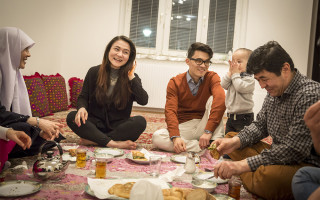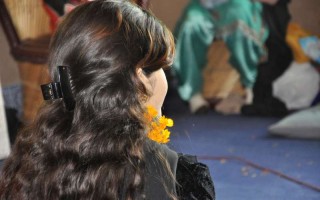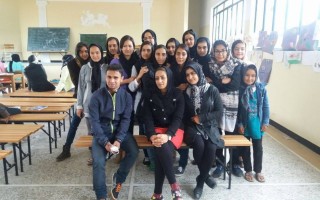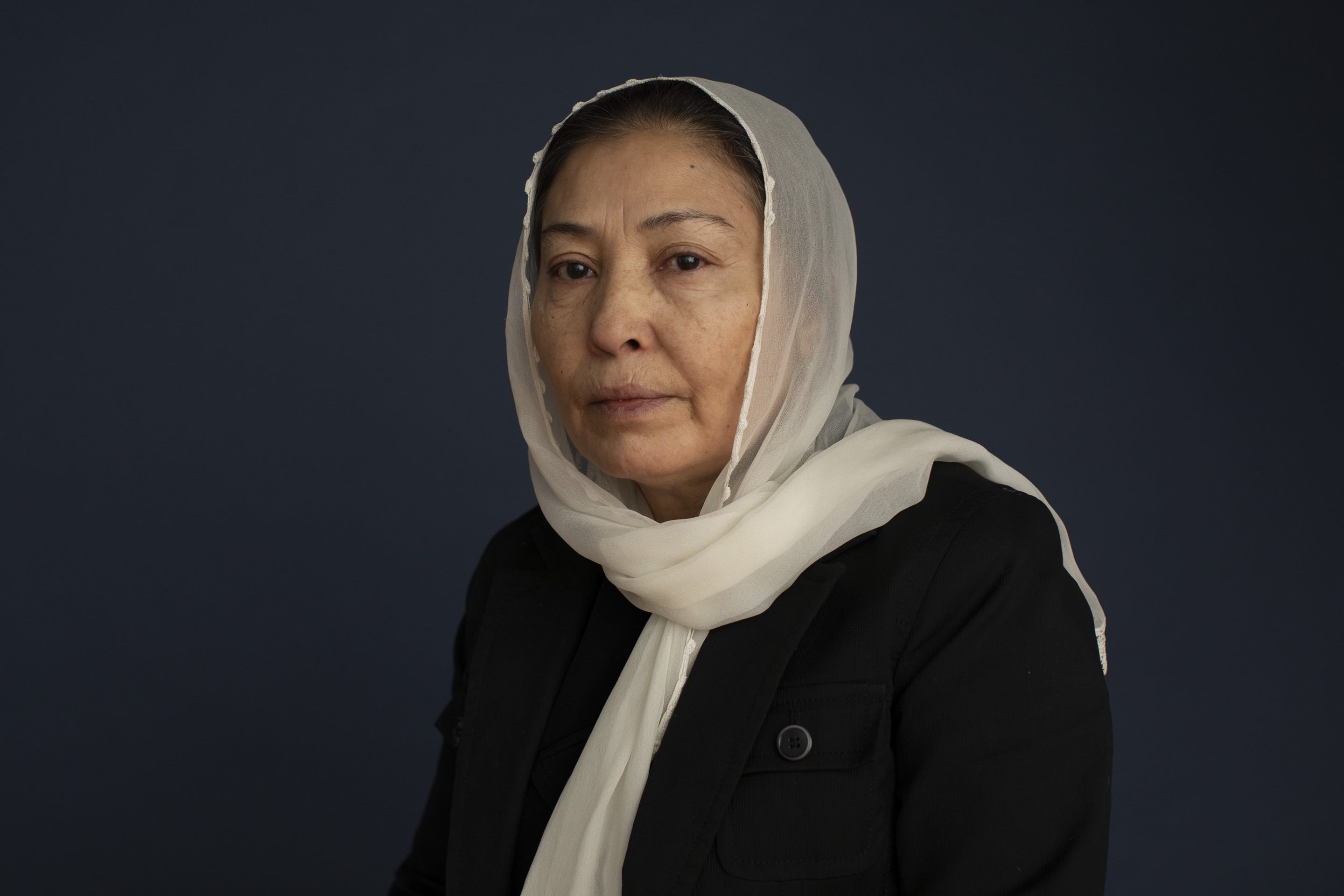
By Derakhshan Qurban-Ali and Hannah Scott in Toronto, Canada | All photos by © UNHCR/Chris Young
Few have heard of the Hazara, an ethnic group native to Afghanistan.
For over a century, the Hazara community has suffered from targeted discrimination, persecution, and massacres because of their ethnicity and Shi’ite faith in a predominantly Sunni-Muslim country. In the 1890s, 60 per cent of the Hazara population was killed, and those who survived were dispossessed of their land, displaced from their homes and sold as slaves.
Oppression continued throughout the 20th century as Hazaras were denied access to education and political rights. Despite progress since 2001, Hazara areas in Afghanistan remain among the poorest in the country and they are reported to face continuing societal discrimination.
More recently, Hazaras are concerned about the increasing influence of extremist groups in Afghanistan. The rising trend of sectarian attacks against civilians belonging to this specific ethnic and religious community has forced thousands of Hazaras to flee as refugees once more.
Despite the U.S.-Taliban peace deal signed in February 2020, Hazaras remain concerned about their future. These major developments will impact the 4.6 million Afghans who are living outside their country, including 2.7 million registered as refugees. Another one million are internally displaced, and Hazaras are among the most vulnerable. UNHCR is on the ground in Afghanistan, and in neighboring countries, providing protection, community infrastructure projects, core relief items and more.
The following stories are told by Hazaras who have found refuge in Canada. It is their hope that by telling their stories of survival and resilience, they can shed light on the ongoing violence and persecution that their community experiences and inspire change.
Shamim, 28
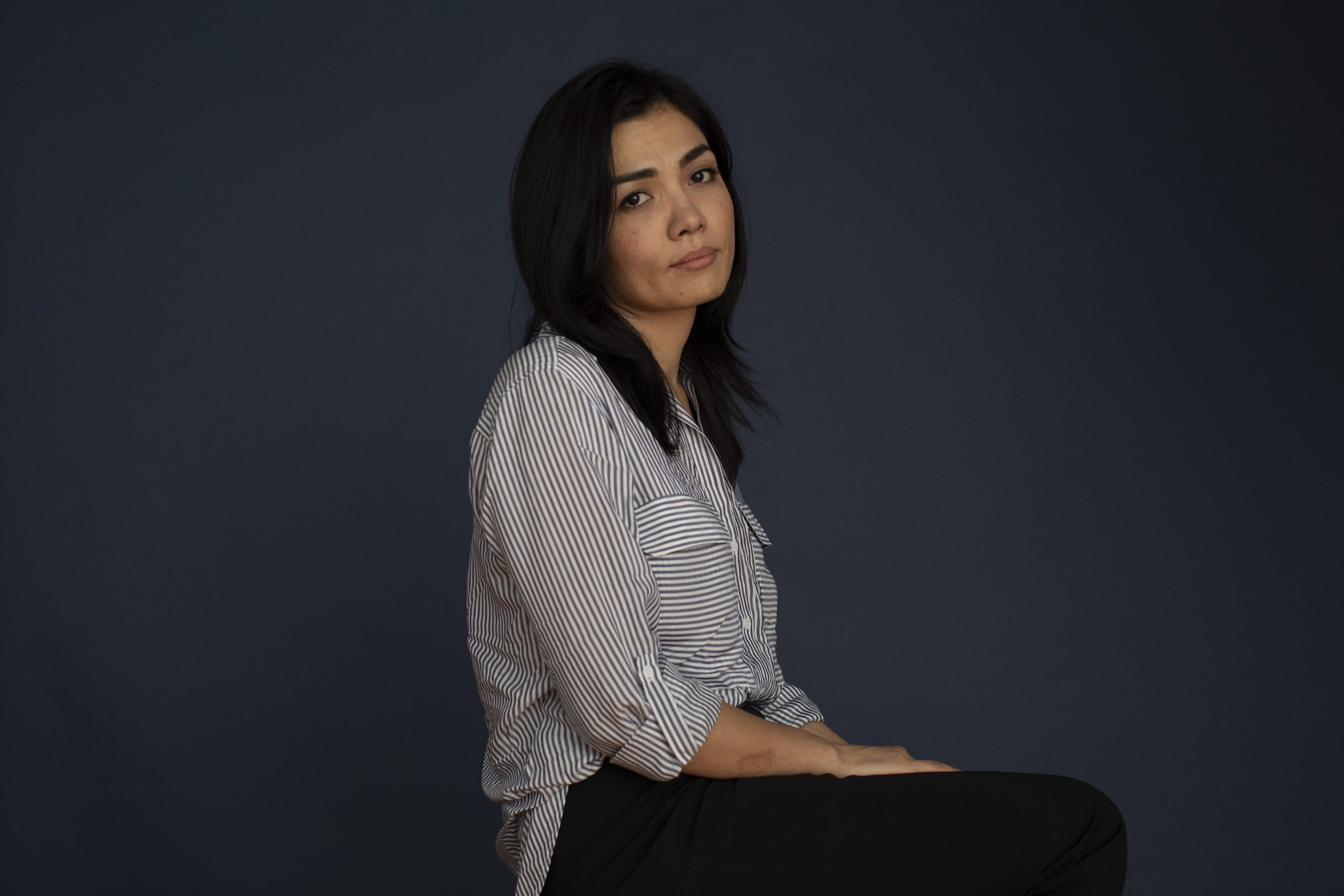
“Since I came to Canada, I have connected with everyone. It’s beautiful, you feel safe. No one judges you based on how you look. It makes you feel strong, like you belong to everyone. I wish we had the same thing back in Afghanistan.”
Shamim’s family sought refuge in Pakistan in hopes of escaping persecution in Afghanistan. However, due to their Shi’a faith and distinguishable features, Hazaras became an easy target for terrorist attacks by extremist groups. “I never felt safe,” Shamim says. “Hazara people can’t live or travel freely without fear of being attacked, because our face is recognizable.”
In Pakistan, Hazaras lived in fear. “Our homes were shaking most of the time because of the bombs,” Shamim says. “My family and I would go find the bodies of our loved ones.” In 2011, Shamim returned to Afghanistan to continue her education, but faced daily discrimination. “People would come into a room where Hazaras were taking an exam and beat them and teachers would fail Hazara students.” When applying for a scholarship, administrators warned her to “not let them realize you are a Hazara – they’ll kick you out of university.”
Shamim says it is hard for people to understand that Hazaras are persecuted because “there is a lot of suffering in the country and it is hard for them to differentiate suffering. It hurts because I experienced it.” Shamim persevered, and she is now a nurse in Canada. She works tirelessly at the hospital during the COVID-19 pandemic to save lives.
Najibullah, 57
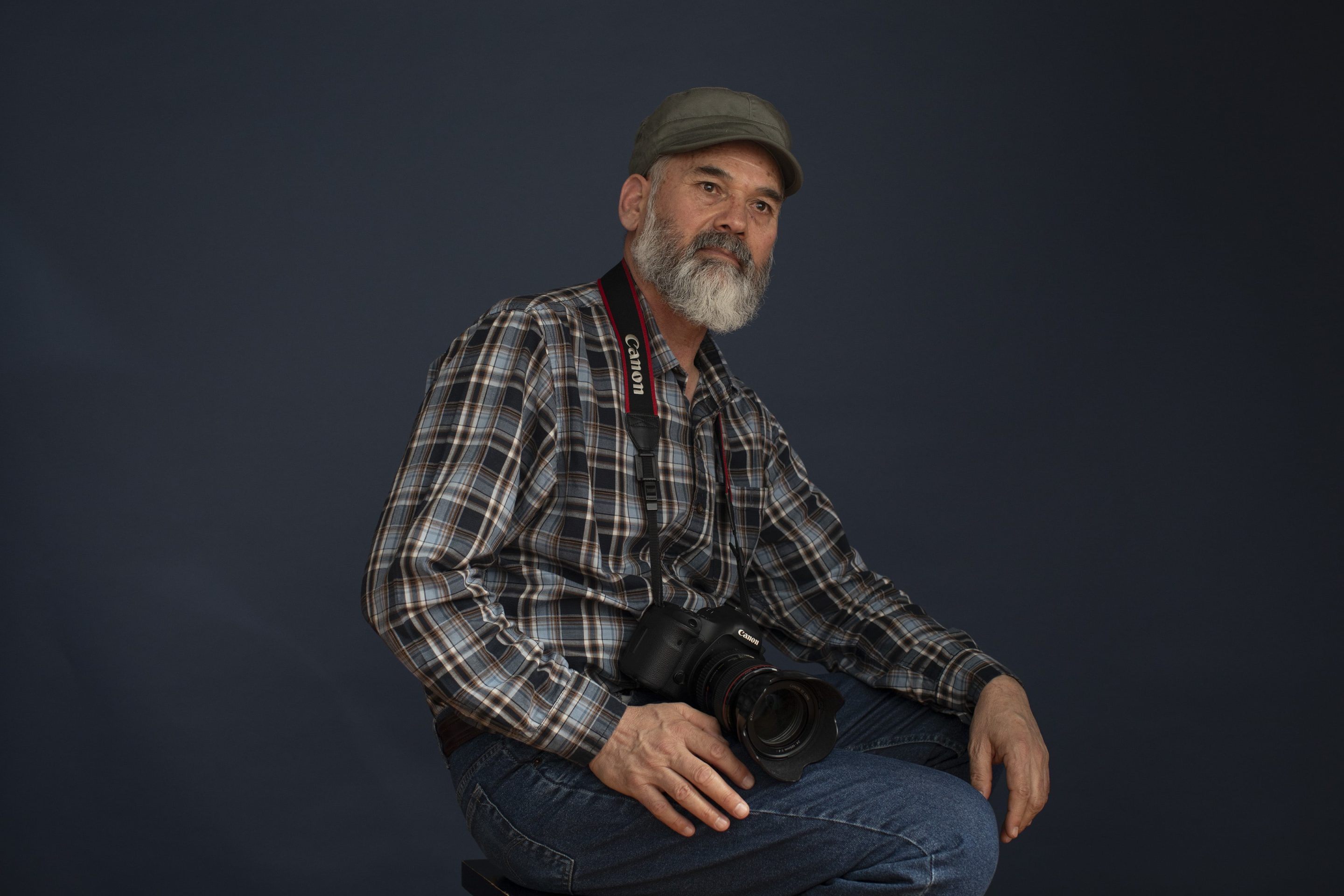
“They took my father-in-law, son-in-law, cousins, children, and me.”
In 1998, the Taliban ramped up mass killing campaigns of Hazara civilians in Mazar-i-Sharif, a city in northern Afghanistan. More than 8,000 Hazaras were killed in a matter of days, and thousands of others were abducted, tortured, or taken as prisoners. Najibullah was arrested alongside 14 other Hazaras, including several youth. He recalls how small and humid the jail was. “No water or food was given to us the first day. We thought we would die from thirst.” Najibullah spent seven months in the jail — many days without food.
Najibullah recalls being transported to a new jail in the tank of a truck. No one’s families knew where they were being taken. It was so hot in the container that they couldn’t breathe — many suffocated and died during the journey. When they arrived, they were beaten with chains and incarcerated with 1,200 other Hazaras, including children and the elderly, and were denied food for 12 days.
Eventually, Najibullah’s family was able to locate him and advocate for his release. He was heartbroken to learn his wife miscarried due to the stress of his incarceration, and his uncle died from a heart attack. Following his release, Najibullah continued telling stories of Hazara people, taking photos of the desolate conditions of their communities, where they lacked access to clean water and electricity. He later opened an art gallery in Kabul and presented his work as a photojournalist, but his advocacy work made it too dangerous to stay in Afghanistan. He fled, eventually arriving in Canada in 2015.
Nadira, 57

“I hope to give more opportunities to those who don’t have the opportunity to be Canadian. To make this beautiful home their home too.”
Nadira remembers back to 1998, a year when she and her family had to flee the killings in Mazar-i-Sharif. “Seven men were killed in front of their wives and children. They were my cousins…no young men were left alive in three families. Family members just disappeared. We then had to flee and walk to Pakistan by foot.” On their difficult journey, Nadira saw the dead bodies of Hazara people, all who had been attacked.
Her family survived and reached Pakistan, then eventually resettled to Canada. “This is our home,” she says. “I’m proud to be Canadian.” But she worries for all the Hazaras left behind. A member of the Hazara community in Toronto, Nadira makes it her mission to connect to Hazara people around the world. “The pain is in my heart. I don’t want anyone else to experience this.”
Because there is limited data about the plight of Hazara refugees, Nadira spent countless sleepless nights over the past few months collecting and analyzing more than 100,000 global survey responses from Hazara refugees around the world. On her phone are hundreds of videos, photos and stories sent to her by Hazaras in crisis situations who are in desperate need of assistance. She hopes to find a way to share their stories and help them find a safe place to call home.
Mirza*, 35

“I had to make a decision to go to jail, die, or leave Afghanistan.”
For decades, Hazaras faced laws and rules that dictated their livelihoods. For Mirza*, he knew this struggle too well. “We couldn’t get an education, couldn’t get a better life,” he says. Mirza grew up in Pakistan, but in 2001 moved back to Afghanistan when his family thought it was safe. Like many Hazaras, he had been hopeful for a new era of peace and security. However, he quickly realized that systemic oppression continued in the form of legal and institutional discrimination. Mirza witnessed countless attempts to oppress Hazaras in Afghanistan, from blocking access to education and electricity to targeted killings.
When Mirza began working within a government institution, he realized the scope of what Hazaras were facing. A corrupted group within the organization coerced him to cut electricity and divert resources from Hazara communities. Pressure continued increasing on Mirza to hurt his own people. After a threat was made to his safety, he made the difficult choice to leave Afghanistan.
“Being Hazara and being in Canada is being a free person,” Mirza says, adding that he worries for his family back home. “There will always be problems for Hazaras. They have only two options: live in difficulty or leave.”
Nasrin, 30
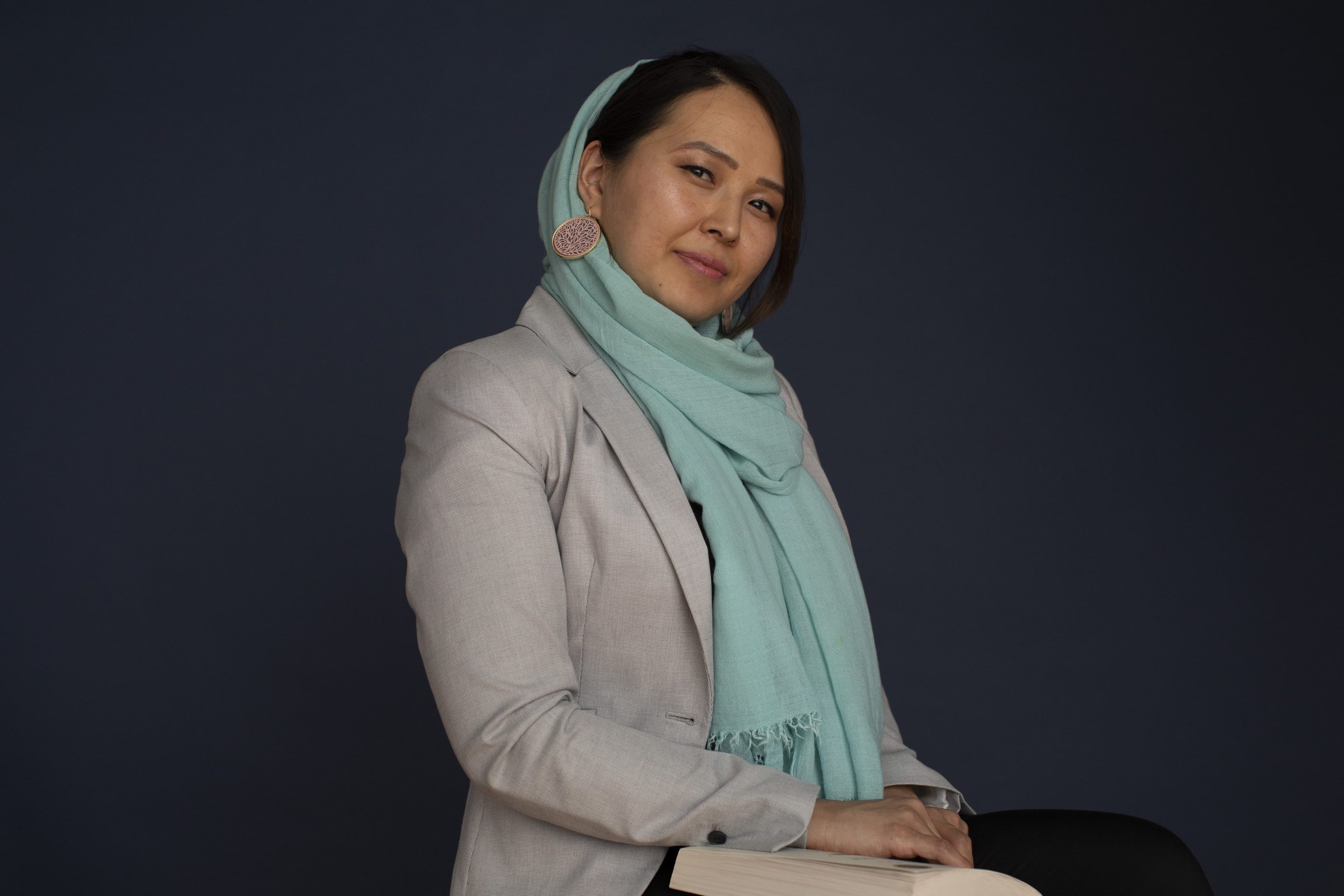
“Hazaras are talented. This pain helped us to grow…we are not what they think.”
Nasrin’s family fled to Iran in the 1980s following persecution in Afghanistan. As a refugee, Nasrin faced regular harassment. “Hazara people are distinguished based on their appearance, so we get targeted a lot,” Nasrin explains. She notes that Hazaras are vulnerable to abuse and cannot access essential services or attend school there. Nasrin and her family moved back to Afghanistan in hopes of a better future. Nasrin studied in veterinary school while advocating for women’s rights.
Concerned for her safety due to the violence in Afghanistan, Nasrin fled to Canada. “Resettlement was difficult,” she recalls. But she persevered and received a prestigious scholarship, and a Master’s degree in immunology. She is now preparing to take a board exam to practice as a veterinarian. She currently works as a research assistant and volunteers with a program that reads books to Afghan children in Kabul.
“We are told all the time that we [Hazaras] aren’t good enough,” Nasrin says, “Many Hazaras aren’t aware of their scars and trauma. Their pain is not acknowledged and it makes it difficult to move forward in Canada.” She hopes to work towards a future where women and Hazaras are given equal opportunities.
Hassan*, 64

“We share our stories but we want to know how our stories will help our situation.”
It was while Afghanistan was still under communist rule in the 1970s and 1980s that Hassan first feared for his safety. His uncle and cousin were captured by the regime – even today, he is still unsure of their whereabouts. Worried that his family may also face a similar fate, Hassan and his family fled to Dubai. As an entrepreneur, it was difficult for him to leave his thriving sweater factory business behind. They started anew, eventually building another business. But due to increasing extremist influence in Arab countries, he lost his business in Dubai, eventually migrating to Canada in 1997.
Once more, determined to support his family, Hassan established another business in Canada from scratch. “It was hard to be successful at first, because I didn’t know the system,” he says. Though safe and settled in Canada, Hassan worries for his home country: “Hazara people are not safe… I fear the country will get worse.”
Fatima, 67
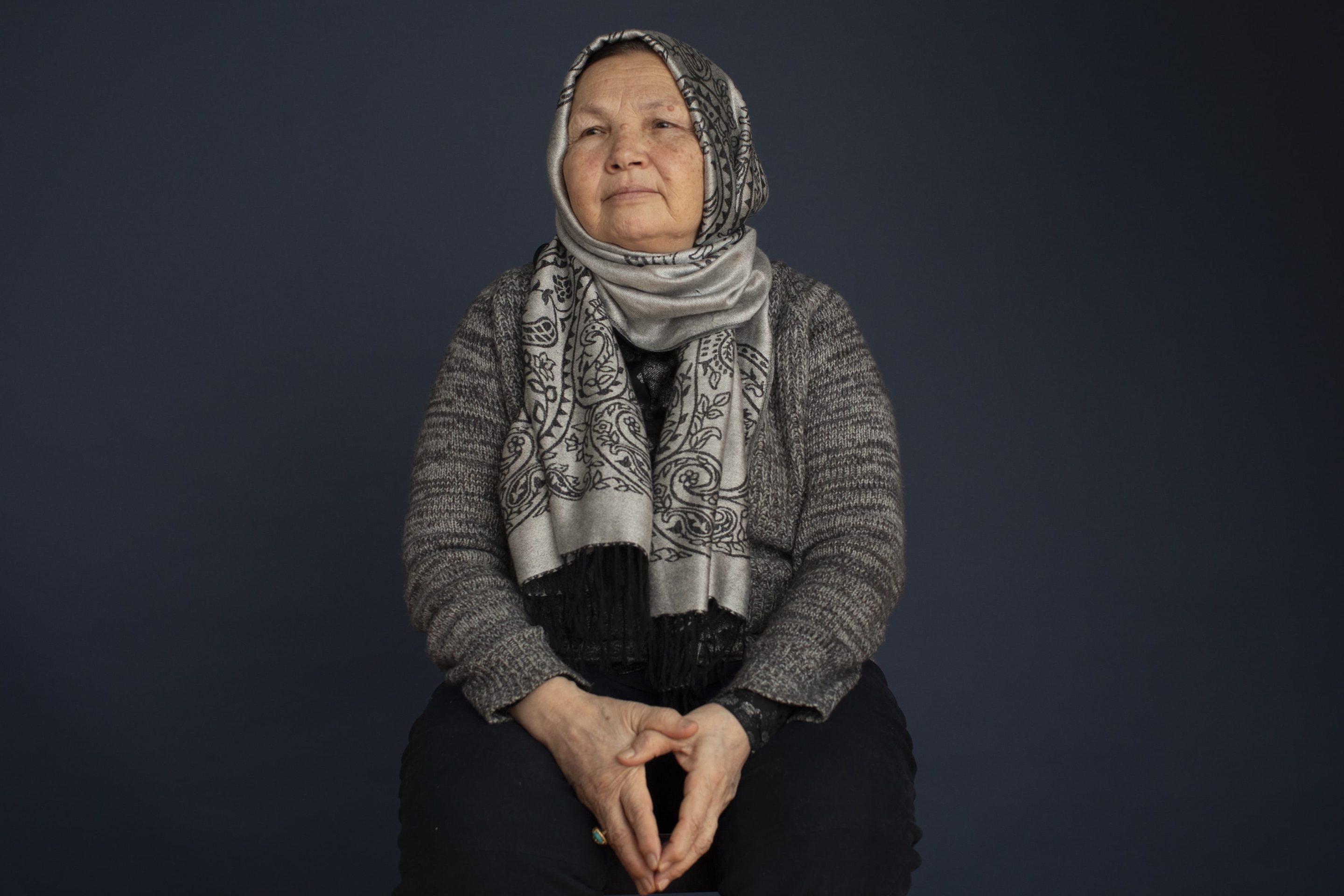
“From the day I entered school, because I was one of few Hazara, I faced consistent discrimination.”
When armed extremists entered her Hazara community, Fatima had to leave with only two of her children. Separated from the rest of her family, they went from house to house, living in other people’s homes out of one small bag. For two years, they were in hiding. “That was one of the worst experiences for my children,” Fatima says quietly. “They are still impacted.”
At the age of 50, after decades of persecution as a Hazara, Fatima fled to Canada with her children. At first, resettling in Canada was difficult for Fatima. “I was very tired and recovering,” she says. Since she resettled in 2003, Fatima has become a proud part of the Canadian-Hazara community. “I want to keep my identity,” she says, “I am proud to be Hazara.”
Zainab, 57
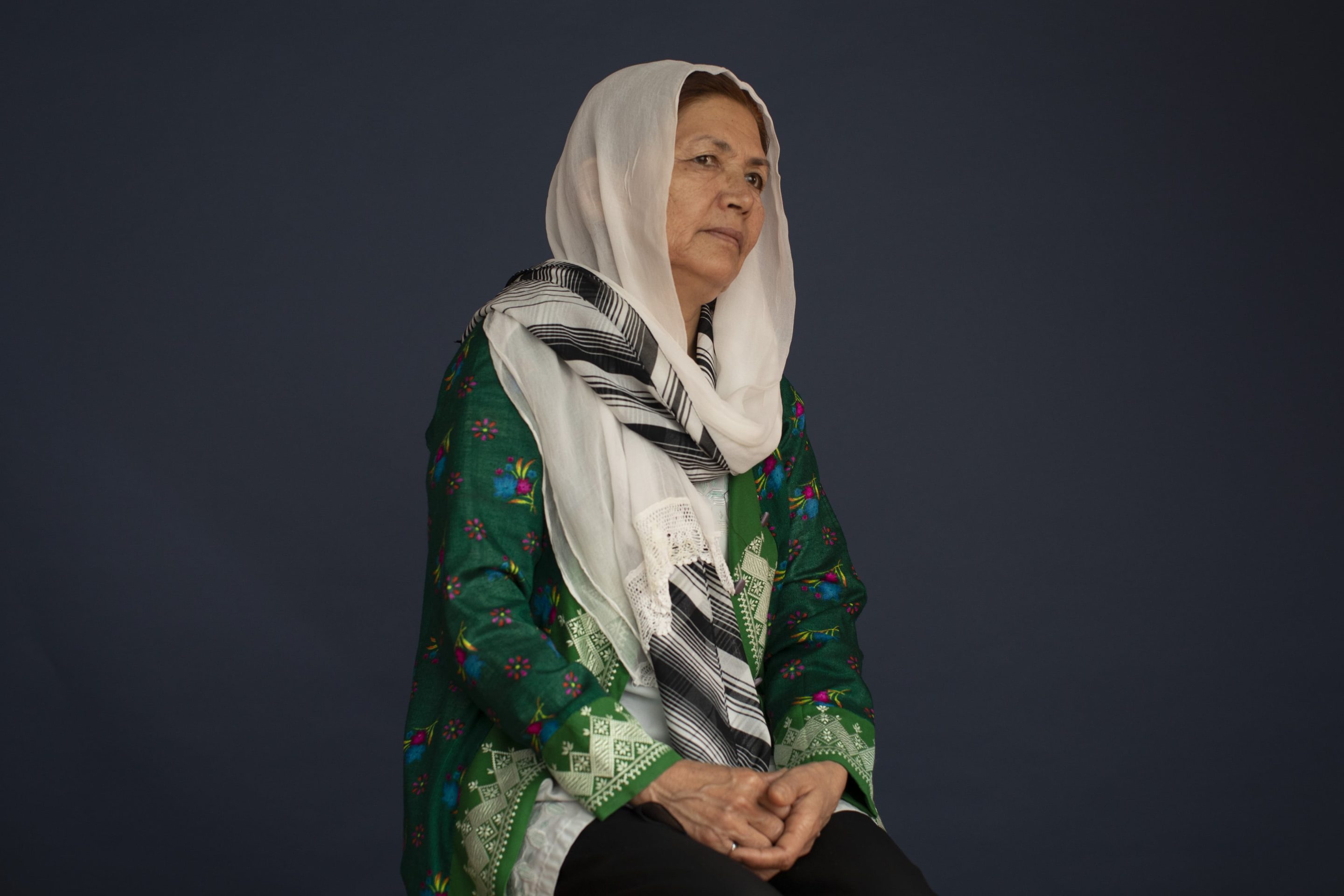
“I want to be a role model for Hazara people and let people of the world know who we are and how much we have suffered.”
When Zainab was nine years old, her mother was attacked and killed by the Kuchis, a group who discriminated against Hazaras due to historic land disputes going back to the 1800s. Fearing for their safety, Zainab and her family moved to Iran, where they struggled to find a home.
Decades later, Zainab returned to Afghanistan and worked with Hazara women as a midwife, teaching them their rights. With a strengthened sense of empowerment and confidence, Zainab decided to run to be a representative in the country’s parliament. But as a Hazara woman, she faced discrimination and danger at every turn. One year after she decided to run for office, Zainab fled, knowing that her life was in danger because of her political aspirations.
Resettling in Canada, Zainab says the first five years were the hardest, though she was “just happy to be in a safe place.” She recalls: “I had no family here, was depressed and didn’t know English.” Though her ethnicity has caused pain in her lifetime, Zainab wants to pass on her culture to her children, so they can be the “voice of all Hazaras.”
Ibrahim, 45
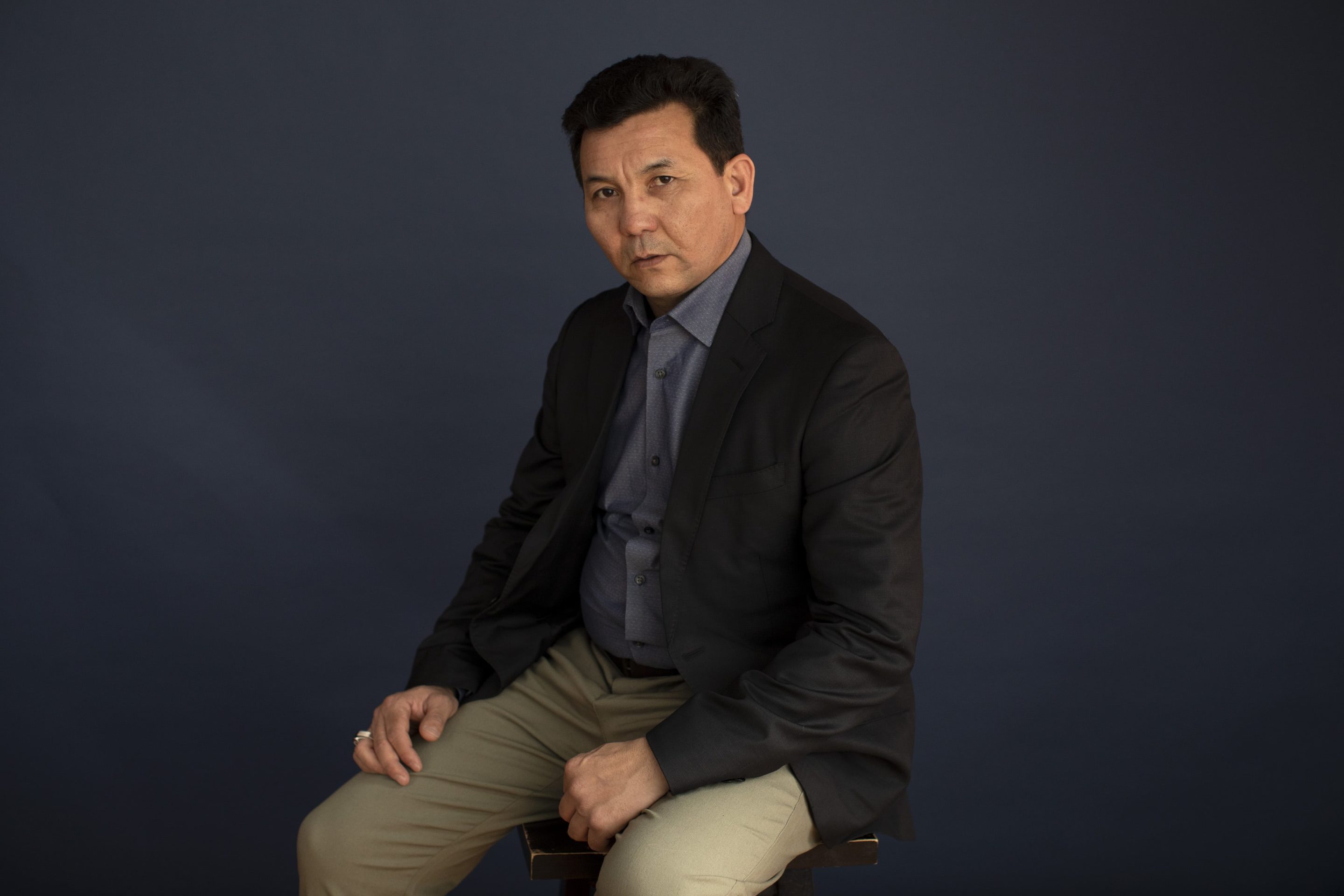
“Hazara people are very talented, hardworking and resilient, if the opportunity is available to them, they can succeed and thrive.”
“When you’ve been forced to leave everything, it is difficult to cope with.” Since arriving to Canada in 2005, Ibrahim has overcome many challenges—financial hardship, finding safety and shelter, overcoming post-traumatic stress. He says, “Resettling is even more challenging when you are from a community that has experienced discrimination and persecution in your homeland.”
Once a doctor in Afghanistan, Ibrahim now works with Hazara community members in Canada to help refugees and immigrants overcome fear and improve their lives through the Canadian Hazara Humanitarian Services (CHHS). Founded in 2019, CHHS is a nonprofit organization that seeks to offer comprehensive community-based services that provide settlement, social, cultural, legal, and educational assistance to support the integration of refugees and immigrants in Canada and reduce the marginalization of minorities.
Their message is simple: “We can help and we can do this together.” The Hazara community has experienced a lot of pain but Ibrahim envisions a brighter future.
*Names changed for protective reasons
